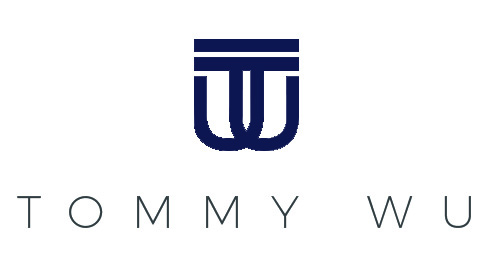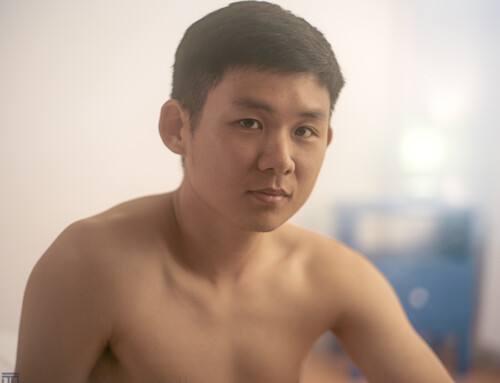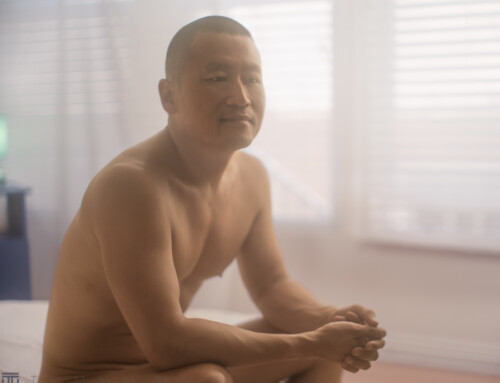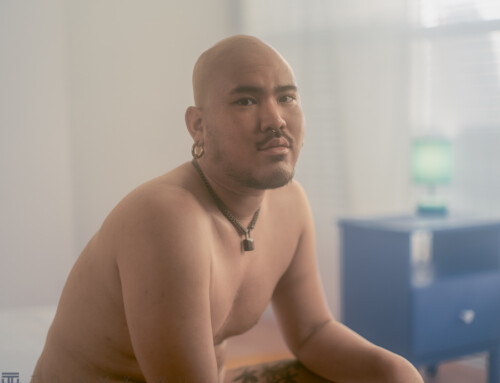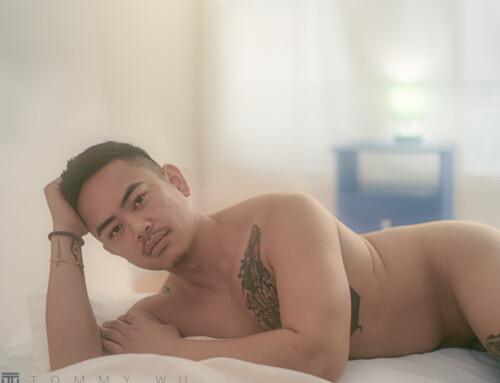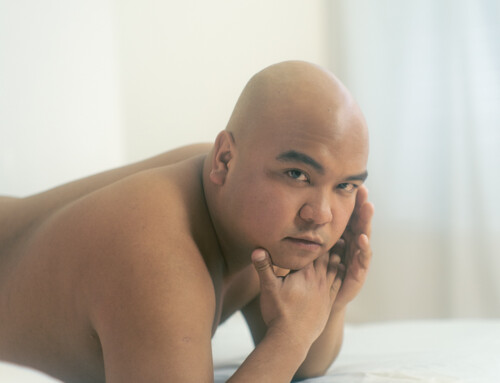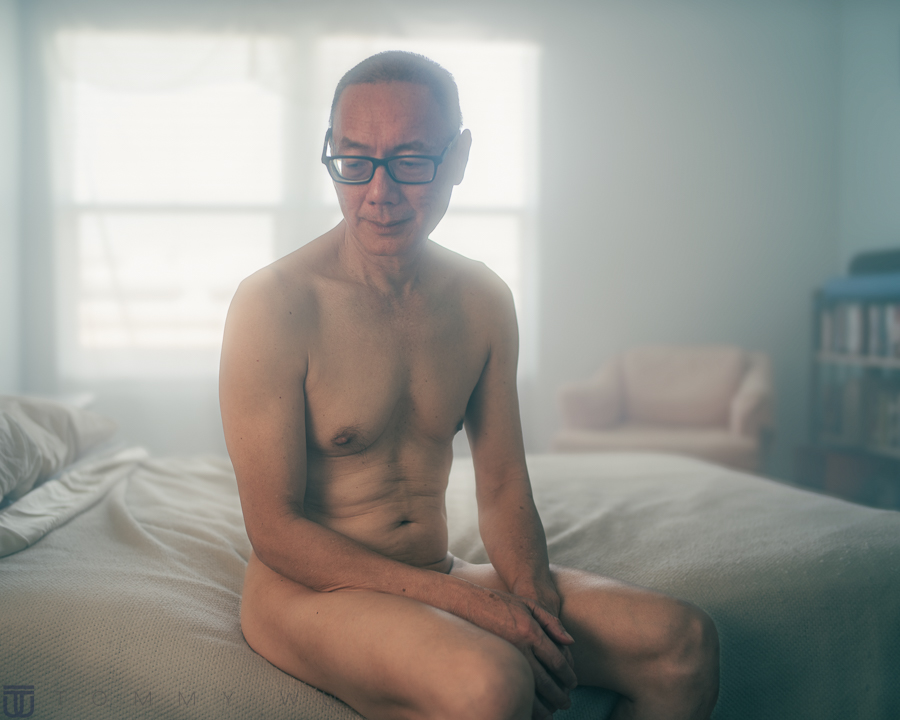
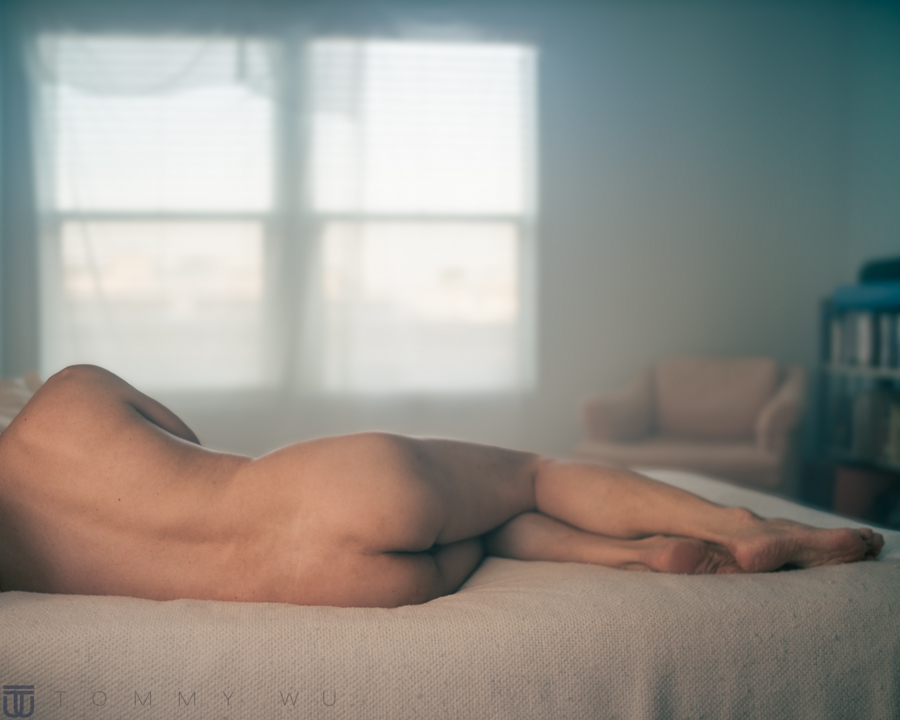
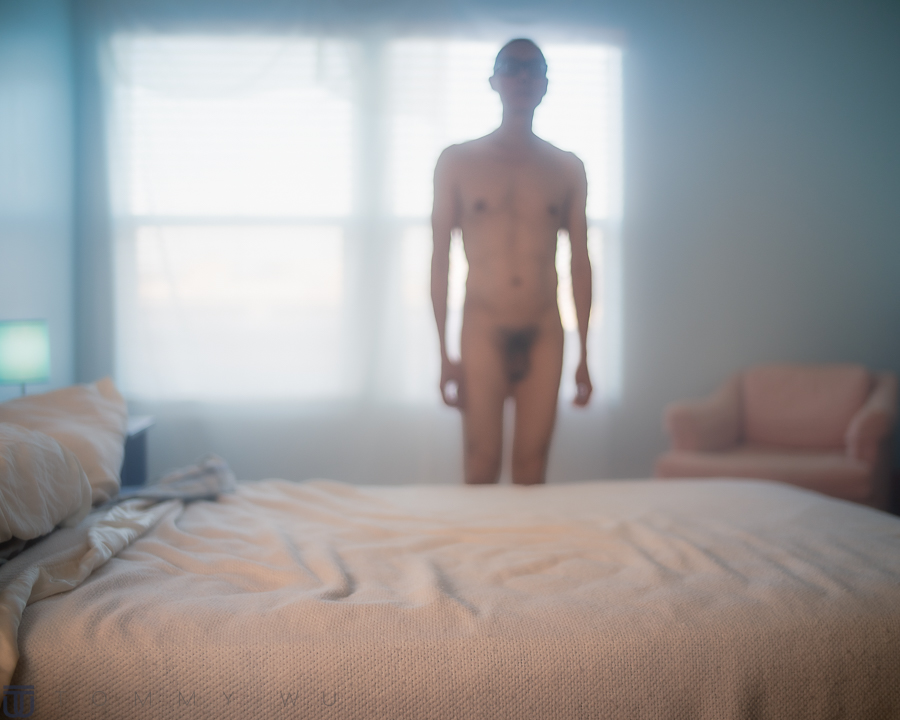
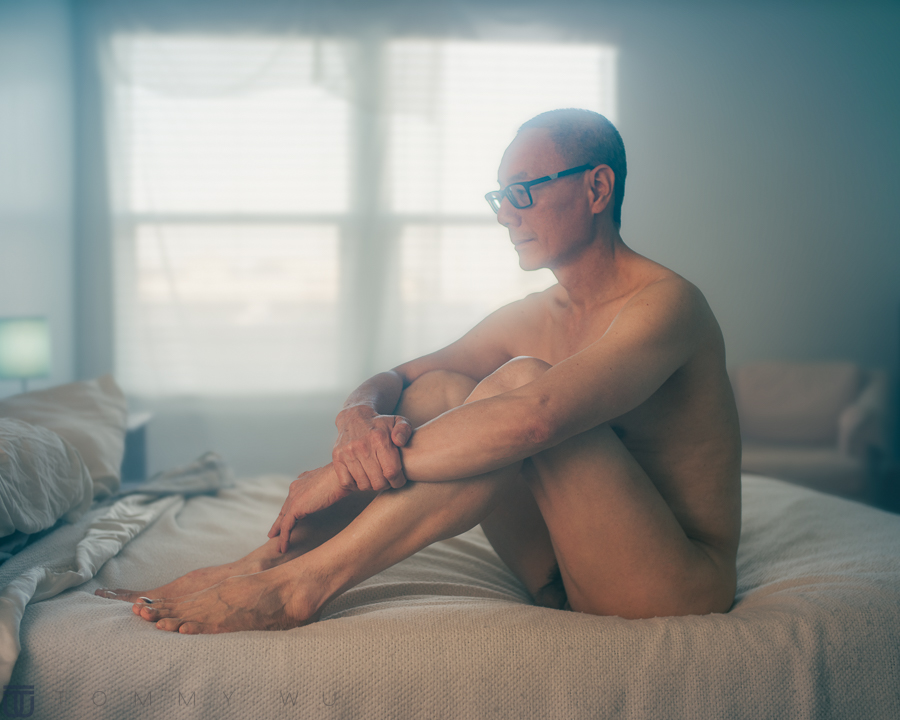
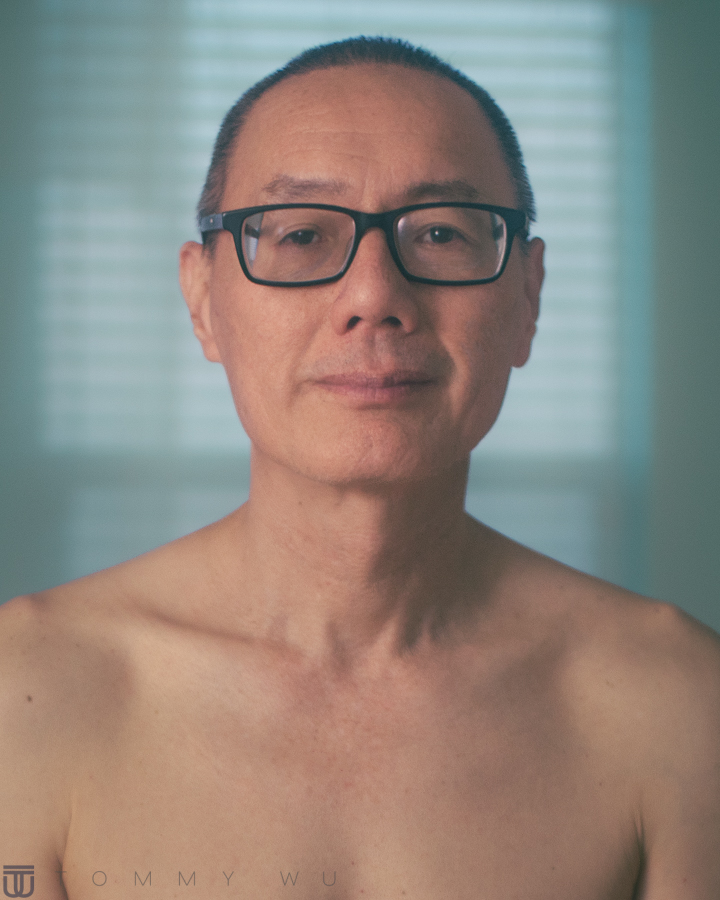
These are my self-portraits on my 58th birthday, the first time I created some nude photos of myself. Even though during the making of the portraits I was alone in the bedroom, occasionally visited only by my husband to check in on me, I felt extremely vulnerable in seeing myself through the monitor.
My siblings and I came to the U.S. in 1980 as “boat people” in the second wave of asylum seekers from the war and strife in Vietnam. Our migration was treacherous and arduous, with our lives often at risk, and that kind of trauma does not disappear overnight. Nevertheless, once we emigrated to the U.S., I did my best to fit in. Being a scrawny, dyslexic, and slightly effeminate young boy, I was constantly teased by other boys inside and outside of school. My social circle mostly consisted of kids from the same ethnic background, partly because of language issues. Orange County, California, in the 1980s was not an inclusive place to be a racial minority. For instance, during my PE class, many of us “boat people” were the last to be picked for flag football teams. One of the white captains would refer to us only as “Gook 1,” “Gook 2,” and so on as he reluctantly gestured in our general direction, and the coach would completely ignore the slur.
I came out to myself directly following high school, after reading an article about gay and lesbian youth in the local newspaper. After numerous tries, I gained the courage to walk into the local LGBT center and attend the Sunday-evening rap group for gay youths between the ages of 17 and 23 years old, for which I had such high hopes of finding my tribe and landing a boyfriend. But among the group of 40 or 50 attendants, I was one of two Asian kids with a thick accent, and I often ended up sitting by myself. This felt like high school all over again.
Then in the world of gay dating, I learned that Asian men were often at the bottom of the “dating food chain.” It didn’t help my self-esteem when I viewed online dating ads explicitly stating, “No fats, fems, or Asians.” I often questioned my attractiveness and masculinity in light of constant images of white men being held up as paragons of beauty.
The word “objectification” can be empowering when we are in control of our own bodies and sexualities and when we are aware of our own vulnerabilities. Objectification can be damaging when there is an unequal power dynamic, as we’ve seen in the historical dynamics between men and women, between straight and queer people, and between white gay men who would like to dominate the narrative of the LGBT community and BIPOC people who would like more engagement.
After a long history of Asian men enduring stereotyping and scapegoating in the U.S., it’s time we stood together and defined our own sexualities, masculinities, and desirabilities on our own terms.
For me to talk about empowerment convincingly, I had to at least start to work on myself. With these images, I have faced my own insecurities and vulnerabilities and am coming around to self-acceptance at the age of 58. Being nude in front of the camera is a way to physicalize this journey. As Asian men, we need to be able to look at ourselves with open minds and with no judgment as an entire package instead of the sum of various parts.
